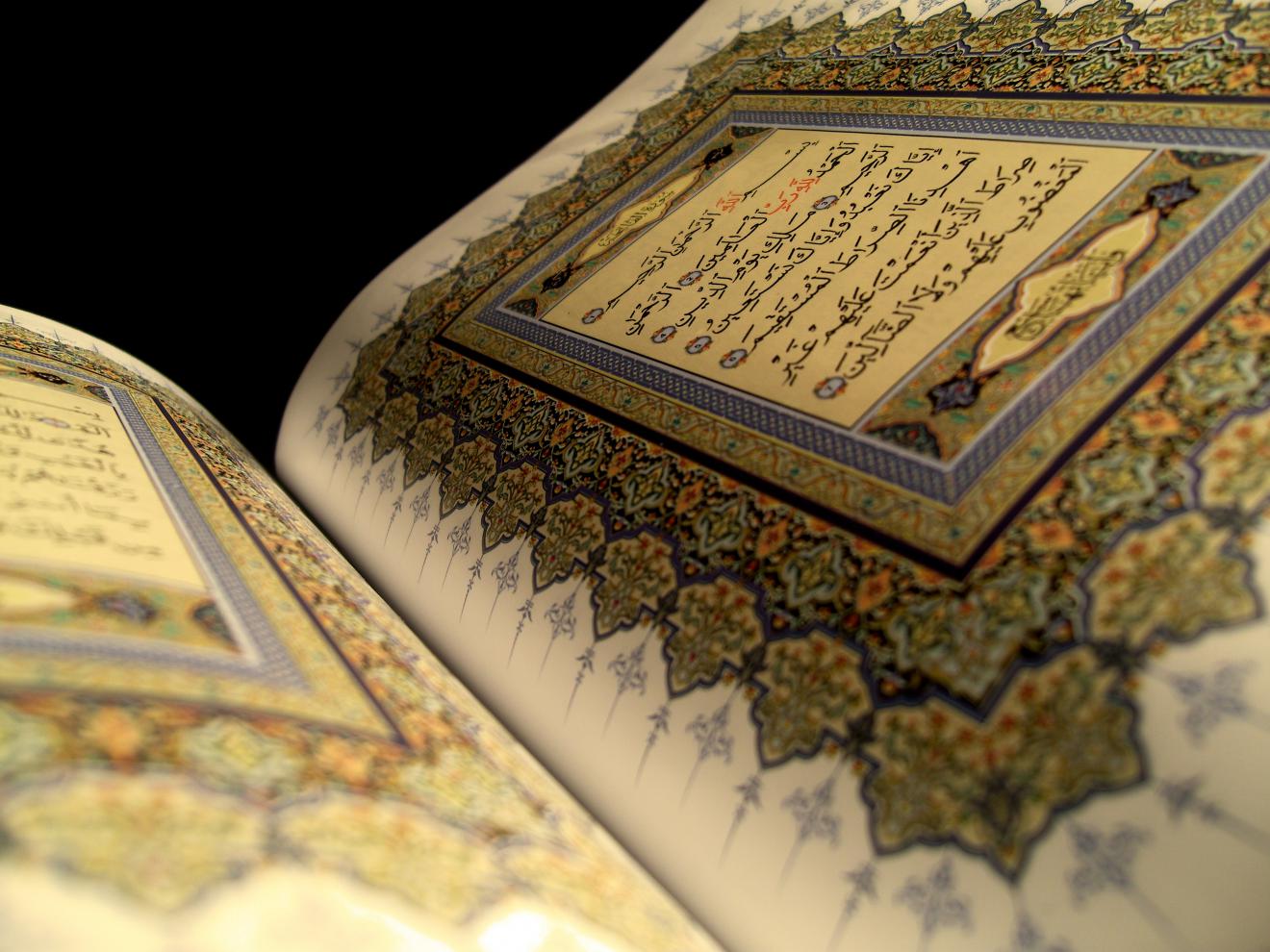Translated from the original Arabic by Idris Mukhtar.
Some brothers and sisters asked me about the new laws proposed in Tunisia in order to enforce the equating of the shares of males and females, i.e. brothers and sisters, and fathers and mothers in their portions of inheritance. This what some rulers have suggested there in the name of ‘intent of Islamic law’.
Answer: “Equality” is not one of the intents of Islamic law when it comes to inheritance. In this area, Islamic law intends to achieve justice and fairness.
Surely, all human beings originate equally from a single soul. They are all equal in the sense that no Arab is better than a non-Arab or the contrary, as the Prophet (peace and blessings be upon him) said.
However, this is only in terms of human dignity, the capacity to apply commandments, and criteria for rewards and punishments by Allah (SWT).
People are all equal in terms of laws that make no difference in rights and responsibilities; such as, prayers, charity (Zakat), fasting and pilgrimage.
However, in terms of rights and responsibilities related to financial issues, people are not equal in the eyes of Islamic law; that is why there is difference in roles and responsibilities between people based on what they have been mandated by Sharia and based on their means and capacity.
If we equate all humans in terms of rights and not responsibilities, then this is injustice; the Islamic law is all about justice.
Financial responsibilities are different
Males and females are not equal in terms of financial roles in Islamic law. For example, a husband is mandated to support his wife and family in all their needs. A wife’s contribution is voluntary and is considered to be a “charity”.
On the other hand, She has the primary responsibility of nurturing the children, especially while they are young. Allah Subhanahu wa ta`ala said with regards to the husband’s supporting of the family:
{Let a man of wealth spend from his wealth, and he whose provision is restricted – let him spend from what Allah has given him} (At-Talaq 65:7)
With regard to the mother responsibilities, Allah Almighty said:
{Mothers shall suckle their children for two whole years; (that is) for those who wish to complete the suckling.} (Al-Baqarah 2:233)
And for the husband’s responsibility, Allah (SWT) said:
{The reasonable cost of their maintenance and clothing will be the responsibility of the child’s father.} (Al-Baqarah 2:233)
And at the same time Allah said in another verse with regard to the mother’s entitlements:
{Lodge them [in a section] of where you dwell out of your means and do not harm them in order to oppress them. And if they should be pregnant, then spend on them until they give birth. And if they breastfeed for you, then give them their payment and confer among yourselves in the acceptable way} (At-Talaq 65:6)
For both father and mother, Allah (SWT) said:
{And do good unto [thy] parents. Should one of them, or both, attain to old age in thy care…} (Al-Israa’ 17:23)
And so on.
